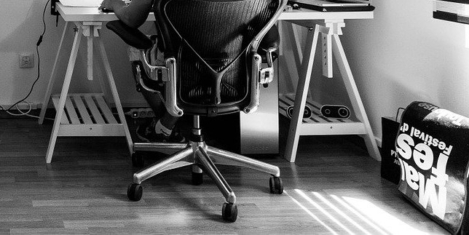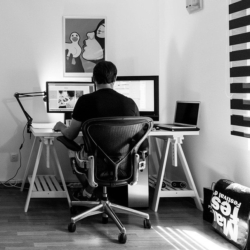June 11, 2020
The lessons learned under lockdown will help us grow and improve
 As the global community navigates the Coronavirus crisis, the nature of the workplace will be more important than ever. We have been working remotely on an unprecedented scale, and the benefits are clear – flexibility, time with family, and reduced commuting as a start. In some form, working from home is here to stay, even as returning to the physical office becomes possible. However, we have also discovered the limitations to remote working. While teams have been able to stay connected virtually, this cannot substitute for face-to-face collaboration, which is essential to fostering innovation. (more…)
As the global community navigates the Coronavirus crisis, the nature of the workplace will be more important than ever. We have been working remotely on an unprecedented scale, and the benefits are clear – flexibility, time with family, and reduced commuting as a start. In some form, working from home is here to stay, even as returning to the physical office becomes possible. However, we have also discovered the limitations to remote working. While teams have been able to stay connected virtually, this cannot substitute for face-to-face collaboration, which is essential to fostering innovation. (more…)







 The easing of lockdown restrictions and a return to offices is raising the stress levels of over a quarter of UK tech professionals (26 percent) at a time when over 1 in 3 (36 percent) report that their mental health has deteriorated during Covid-19, according to a new
The easing of lockdown restrictions and a return to offices is raising the stress levels of over a quarter of UK tech professionals (26 percent) at a time when over 1 in 3 (36 percent) report that their mental health has deteriorated during Covid-19, according to a new 




 The Covid-19 pandemic has highlighted workplace communication as the area leadership most needs to improve on, according to almost half (43 percent) of professionals
The Covid-19 pandemic has highlighted workplace communication as the area leadership most needs to improve on, according to almost half (43 percent) of professionals 



















June 9, 2020
A thank you for the bitter knowledge offered by the lockdown
by Adam Burtt-Jones • Comment, Flexible working, Workplace design